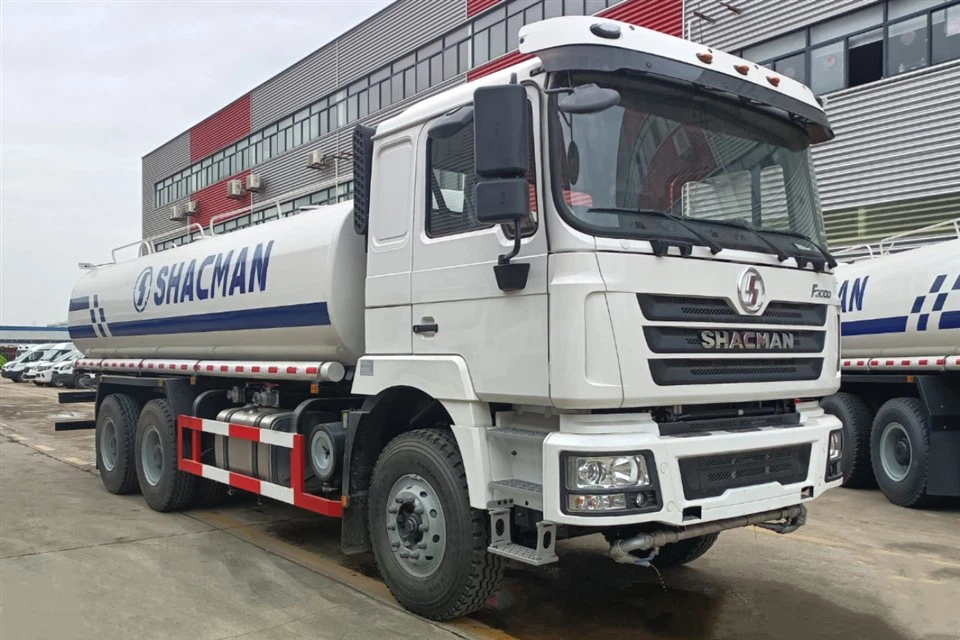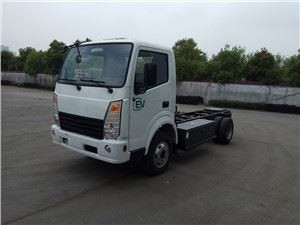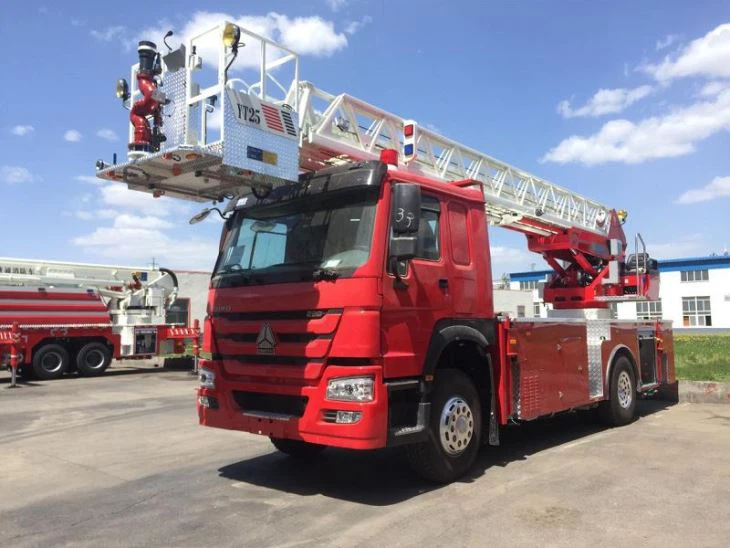Everything You Need to Know About Dumpster Compactor Trucks

Dumpster compactor trucks are essential vehicles for waste management in commercial and residential sectors. They efficiently compress waste materials, allowing for maximized space utilization and reduced transportation costs. This article explores the ins and outs of dumpster compactor trucks, including their features, benefits, types, and operational tips.
Understanding Dumpster Compactor Trucks
What is a Dumpster Compactor Truck?
A dumpster compactor truck is a specialized vehicle designed for the collection and transportation of waste materials while compacting them to reduce volume. The compaction mechanism assists in squashing waste before it is transported to disposal sites, making it easier and more cost-effective to haul large amounts of refuse.
Key Components of a Dumpster Compactor Truck
| Component | Description |
|---|---|
| Compaction Mechanism | The mechanism that compresses waste materials to reduce volume. |
| Dumpster Body | The container that holds the compacted waste. |
| Hydraulic System | Used to lift and lower the compaction mechanism and the dumpster body. |
| Chassis | The main structure that supports the weight of the truck and the load. |
| Control System | Allows the operator to control the compaction and unloading processes. |
Benefits of Using Dumpster Compactor Trucks
1. Space Optimization
One of the most significant advantages of dumpster compactor trucks is their ability to compact waste. By reducing the volume of waste, these trucks can transport larger loads, resulting in fewer trips to disposal sites.
2. Cost Efficiency
Lowering the number of trips reduces fuel consumption and labor costs. Over time, businesses can save significantly in operational expenses by using compactor trucks.
3. Improved Waste Management
Using a dumpster compactor truck enhances the efficiency of waste management systems. It ensures that waste is compressed effectively, thereby minimizing the risk of overflows and spills.
4. Environmental Benefits
By compacting and efficiently transporting waste, dumpster compactor trucks help reduce the carbon footprint associated with waste disposal. Fewer trips mean less fuel consumption and reduced greenhouse gas emissions.
Types of Dumpster Compactor Trucks
1. Front-loading Compactor Trucks
Front-loading compactor trucks feature a front-mounted loader that compacts and collects waste materials. These trucks are ideal for commercial businesses, such as restaurants and large retail stores.
2. Side-loading Compactor Trucks
Side-loading compactor trucks have an automated loading system on the side, making them suitable for residential waste collection. They are user-friendly and can easily navigate through narrow streets.
3. Rear-loading Compactor Trucks
These trucks allow waste to be added to the rear of the vehicle. They are versatile and can be used for both commercial and residential waste management.
4. Multi-Compartment Compactor Trucks
Multi-compartment trucks are designed to separate different types of waste. This feature is particularly useful for recycling programs and businesses that generate mixed waste.
Operational Tips for Using Dumpster Compactor Trucks
1. Regular Maintenance
Proper maintenance ensures the smooth operation of compactor trucks. Routine checks on hydraulic fluid levels, compaction mechanisms, and tires can extend the vehicle’s lifespan.
2. Educate Operators
Training operators on the effective use of dumpster compactor trucks is essential. Understanding the control systems and compaction techniques can maximize efficiency.
3. Optimize Loading Procedures
Encourage proper sorting of waste and breaking down larger items before loading them into the compactor. This practice aids in achieving a more effective compaction.
4. Monitor Load Weights
Ensure that the truck is not overloaded. Overloading can damage the compaction system and reduce fuel efficiency. Use weight scales to monitor loads before transport.
Common Applications of Dumpster Compactor Trucks
1. Commercial Waste Management

Companies in the retail, hospitality, and manufacturing sectors often generate high volumes of waste. Dumpster compactor trucks can assist in efficient waste management in such environments.
2. Construction Sites
Construction sites produce a large amount of debris, including wood, metal, and concrete. The use of compactor trucks can ensure fast collection and disposal of construction waste while keeping the site organized.
3. Residential Waste Collection
In many neighborhoods, compactor trucks are utilized for regular waste collections, simplifying the process for residents.
4. Recycling Programs

Many municipalities employ dumpster compactor trucks for their recycling initiatives. Compaction allows for more efficient transport of recyclables to processing facilities.
Challenges of Using Dumpster Compactor Trucks
1. Initial Investment Costs
The upfront cost of acquiring dumpster compactor trucks can be significant. However, this investment may pay off in the long run due to savings on waste management costs.
2. Training Requirements
Operators may require specific training to handle the machinery safely and effectively, which can take time and resources.
3. Maintenance Challenges
Regular maintenance is crucial to avoid downtime. Operators must be prepared to deal with mechanical issues when they arise.
Future Trends in Dumpster Compactor Trucks
1. Electric and Hybrid Models
With the growing focus on sustainability, electric and hybrid dumpster compactor trucks are becoming more prevalent. These models reduce fuel consumption and emissions significantly.
2. Smart Technology Integration
Advanced monitoring systems and GPS tracking can optimize routes and ensure efficient operations, further enhancing the functionality of dumpster compactor trucks.
3. Enhanced Safety Features
New designs are incorporating more safety features, such as backup cameras and sensors to minimize accidents and improve operator safety.
Frequently Asked Questions (FAQ)

1. How does a dumpster compactor truck work?
The truck collects waste, and the compaction mechanism compresses the waste materials, allowing for a higher volume load than traditional trucks.
2. What type of waste can dumpster compactor trucks handle?
These trucks can handle a variety of waste types, including general refuse, recyclables, and construction debris, depending on their design.
3. How often should a dumpster compactor truck be maintained?
Regular maintenance should be performed at least once a month or more frequently depending on usage and operating conditions.
4. Are there any limitations on the weight of the loads?
Yes, most compactor trucks have a weight limit which should be adhered to in order to ensure safe operations and avoid mechanical issues.
5. Can I rent a dumpster compactor truck?
Yes, many waste management companies offer rental options for dumpster compactor trucks for both short-term and long-term projects.
6. What are the safety protocols when using these trucks?
Operators should follow safety protocols including wearing proper safety gear, conducting pre-operation checks, and using the equipment per manufacturer instructions.
